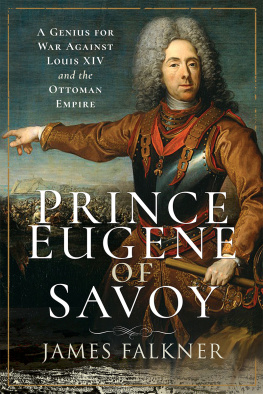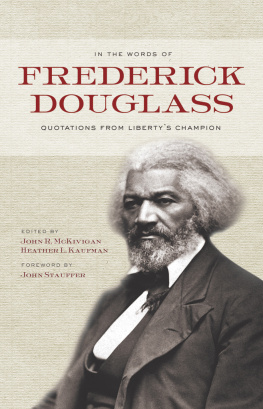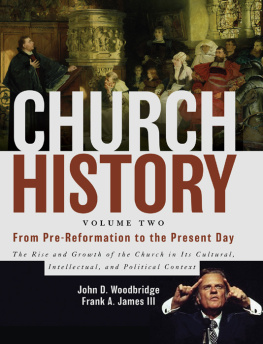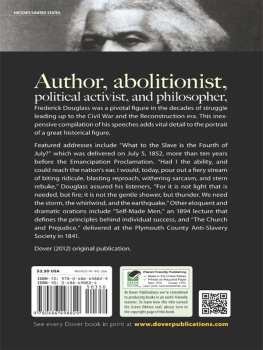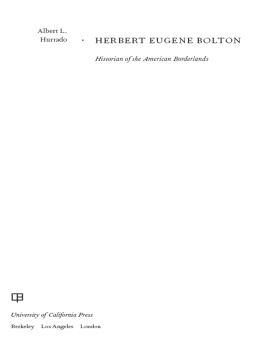I FROM HISTORY TO PHILOSOPHY
The serious study of history is characteristic of a certain maturity of mind. For the intellectually young, the world is too new and attractive to arouse in them a very absorbing interest in its past. Life is for them an adventure, and the world is a place for excursions and experiences. They care little about what men have done, but much about what they might do. History, to interest them, must be written as a romance which will fire their imagination, rather than as a philosophy which might make them wise. But maturity, somewhat disciplined and disillusioned, confirms the suspicion, which even youth entertains at times, that the world, while offering an opportunity, hedges the offer about with restrictions which must be understood and submitted to, if effort is to be crowned with success. The mature may thus become eager to understand life without ceasing to enjoy it. They may become philosophical and show their wisdom by a desire to sympathize with what men have done and to live rationally in the light of what is possible. They may study history, convinced that it enlarges their sympathies and promotes rational living.
We might, therefore, conclude that the prevailing interest in historical studies is a sign that the age is growing in maturity and is seeking an outlook upon life which is both sane and encouraging. This may well be true. But even if the study of history indicate a certain maturity of mind, it is not a guarantee that history will not be studied in the spirit of youth. History may do little more than afford a new world for wild adventure and undisciplined experience. Moreover, maturity is not necessarily wise. Disgust, revolt, and loss of sympathy are not always strangers to it. Historical studies may be pursued with little comprehension of their aim or meaning; and history may be taught with little reflection on its philosophical significance. It would appear, therefore, that the study of history itself affords an opportunity for philosophical inquiry, and may profitably stimulate questions about the character of those facts with which history is concerned.
In these lectures I intend to deal with the purpose of history. I would not, however, be misunderstood. My aim is not, by making another attempt to find the increasing purpose running through the ages, to win permanently the laurel which, hitherto, ambitious philosophers have worn only for a season. There is, no doubt, a kind of rapture in seeing history as St. Augustine saw it,the progress of the City of God from earth to heaven; and there is a kind of pride not wholly ignoble, in seeing it as Hegel did,the vibrating evolution from the brooding absolution of the East to the self-conscious freedom of one's own philosophy embraced and made universal by the civilizing energy of one's own state. My aim is more modest. It is not romantic, but technical. Metaphysics rather than poetry is to be my domain, although I cherish the hope that poetry may not, therefore, be misprized. If it may ultimately appear, not only as an ornament to living, but also as an exemplary method of living well, I may even now invoke the Muses to my aid, but Clio first, and, afterwards, Calliope. It is my aim, through an examination of what the historian himself proposes, to discover in what sense the idea of purpose in history is appropriate, and to what ideas we are led when we think of history as the record of human progress.
The conclusions I hope to clarify, I may here anticipate. There is discoverable in history no purpose, if we mean by purpose some future event towards which the whole creation moves and which past and present events portend; but there is purpose in history, if we mean that the past is utilized as material for the progressive realization, at least by man, of what we call spiritual ends. More generally, history is itself essentially the utilization of the past for ends, ends not necessarily foreseen, but ends to come, so that every historical thing, when we view it retrospectively, has the appearance of a result which has been selected, and to which its antecedents are exclusively appropriate. In that sense purpose is discoverable in history. But this purpose is not single. History is pluralistic and implies a pluralistic philosophy. There are many histories, but no one of them exists to the prejudice of any other. And, finally, progress is not aptly conceived as an evolution from the past into the future. Evolution is, rather, only a name for historical continuity, and this continuity itself is a fact to be investigated and not a theory which explains anything, or affords a standard of value. The past is not the cause or beginning of the present, but the effect and result of history; so that every historical thing leaves, as it were, its past behind it as the record of its life in time. Progress may mean material progress when we have in mind the improvement in efficiency of the instruments man uses to promote his well-being; it may mean rational progress when we have in mind the idealization of his natural impulses. Then he frames in his imagination ideal ends which he can intelligently pursue and which, through the attempt to realize them, justify his labors. Such are the conclusions I hope to clarify, and I shall begin by considering the purpose men entertain when they write histories.
It is natural to quote Herodotus. The Father of History seems to have been conscious of his purpose and to have expressed it. We are told that he gave his history to the world "in order that the things men have done might not in time be forgotten, and that the great and wonderful deeds of both Greeks and barbarians might not become unheard of,this, and why they fought with one another." This statement seems to be, in principle, an adequate expression of the purpose of writing histories, even if Herodotus did not execute that purpose with fidelity. The limitations of its specific terms are obvious. One might expect that the great deeds were mainly exploits at arms, that the history would be military, and that the causes exposed would be causes of war. But the history itself deals with geography and climate, with manners, customs, traditions, and institutions, fully as much as with heroes and battles. Professor Gilbert Murray says of it: "His work is not only an account of a thrilling struggle, politically very important, and spiritually tremendous; it is also, more perhaps than any other known book, the expression of a whole man, the representation of all the world seen through the medium of one mind and in a particular perspective. The world was at that time very interesting; and the one mind, while strongly individual, was one of the most comprehensive known to human records. Herodotus's whole method is highly subjective. He is too sympathetic to be consistently critical, or to remain cold towards the earnest superstitions of people about him: he shares from the outset their tendency to read the activity of a moral God in all the moving events of history. He is sanguine, sensitive, a lover of human nature, interested in details if they are vital to his story, oblivious of them if they are only facts and figures; he catches quickly the atmosphere of the society he moves in, and falls readily under the spell of great human influences, the solid impersonal Egyptian hierarchy or the dazzling circle of great individuals at Athens; yet all the time shrewd, cool, gentle in judgment, deeply and unconsciously convinced of the weakness of human nature, the flaws of its heroism and the excusableness of its apparent villainy. His book bears for good and ill the stamp of this character and this profession."





